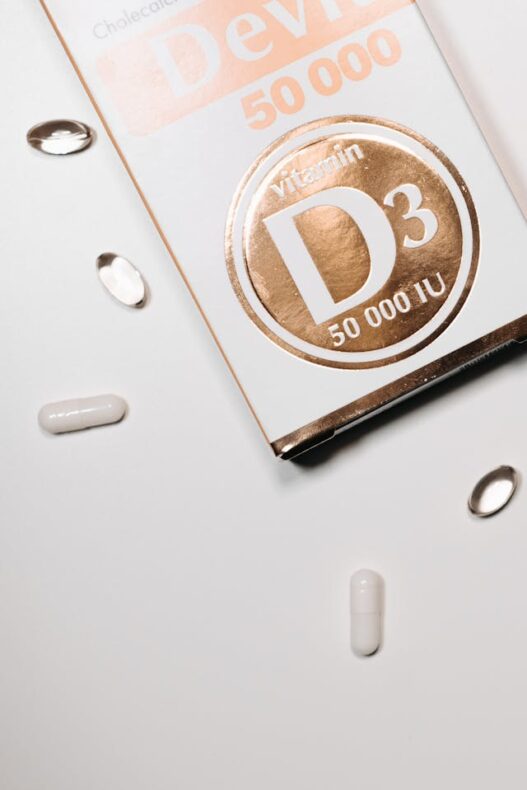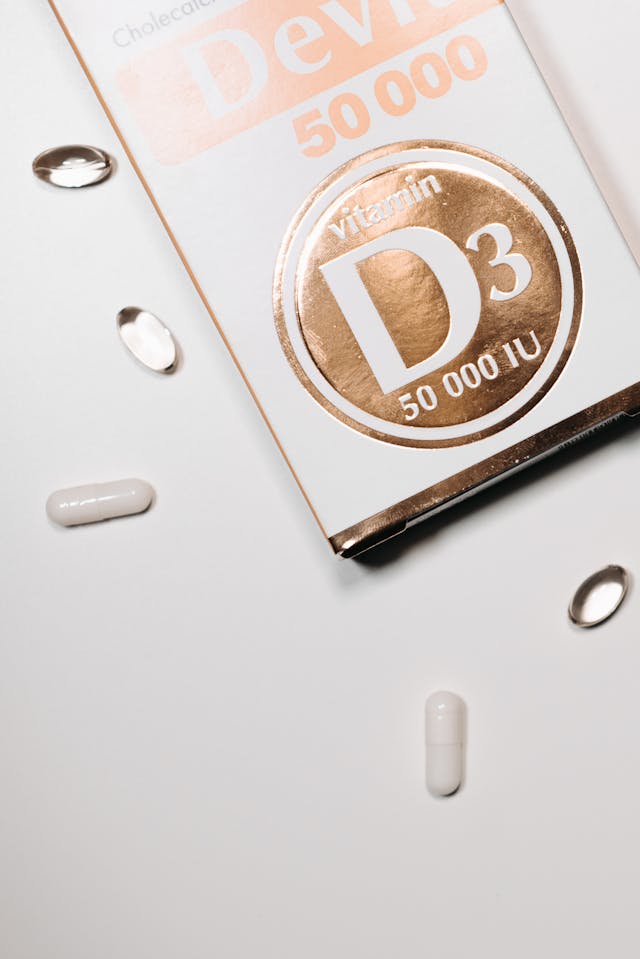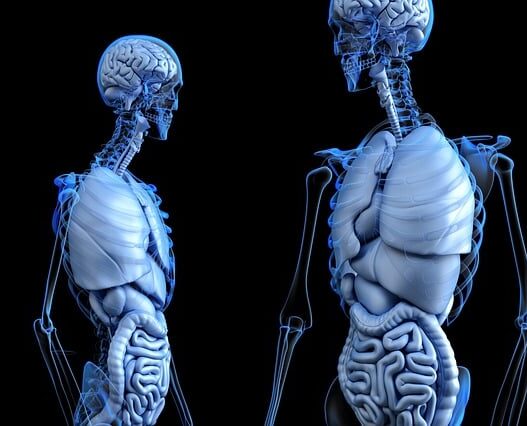Vitamin D and Autoimmunity: Exploring Its Role in Immune Regulation and Disease Management
In this blog, Vitamin D and Autoimmunity, I will touch the crucial role this essential nutrient plays in regulating the immune system and its potential impact on autoimmune diseases. Vitamin D plays a critical role in immune system regulation, making it a key factor in managing autoimmune diseases. This essential nutrient supports immune tolerance, helping prevent the immune system from attacking the body’s own tissues. Low levels of vitamin D have been associated with a higher risk of autoimmune conditions such as multiple sclerosis, rheumatoid arthritis, and lupus. Studies suggest that vitamin D supplementation may reduce inflammation. It improves immune function in individuals with autoimmune diseases, though more research is needed to determine optimal levels for therapeutic effects.
The Implication of Vitamin D and Autoimmunity: a Comprehensive Review
“Vitamin D, in addition to its crucial role in bone metabolism, has been associated with multiple autoimmune diseases in several epidemiological studies. Due to its unique capability to bind to VDR and serve as a transcriptional factor, vitamin D can regulate gene expression and further exert its immunomodulatory effects on immune cells.”
Conclusion
Autoimmune diseases occur when the immune system mistakenly attacks the body’s tissues. These include conditions like rheumatoid arthritis, multiple sclerosis, and lupus. Studies suggest that vitamin D plays a role in preventing this immune response.
Vitamin D influences immune cells, including T cells and dendritic cells. These cells help maintain immune tolerance, which is crucial for preventing autoimmunity. When vitamin D levels are low, immune tolerance may be disrupted.
Many people with autoimmune diseases have lower vitamin D levels. Supplementing with vitamin D may improve immune function. Some studies suggest that it could reduce inflammation in these individuals.
However, more research is needed to determine optimal vitamin D levels for treating autoimmune conditions. Scientists are still investigating the most effective dosage for therapeutic benefits.
While vitamin D supplementation shows promise, it’s not a cure-all. A balanced diet, proper medical care, and lifestyle changes remain essential for managing autoimmune diseases.
In conclusion, vitamin D plays a key role in immune regulation and may help manage autoimmune diseases. Yet, further studies are needed to fully understand its potential.
A very interesting YouTube video talking about the relationship between the vitamin D deficiency and the Autoimmune Diseases is the one of Dr. Jin W. Sung and you can find it here.






















